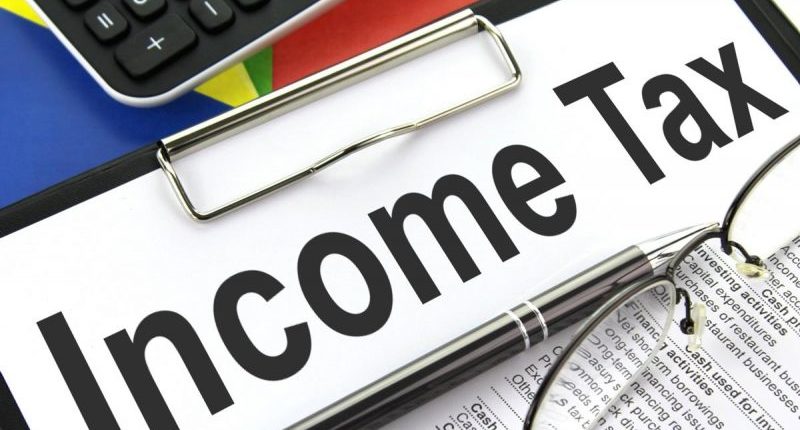Finance Minister, Nirmala Sitharaman, said that the work on direct tax code has been completed and the government is all set to take it up as soon as the task force submits the report. Further, on a discussion in Rajya Sabha, she said in all likelihood the task force will submit its report by 31 July 2019.
Earlier, the task force had to submit its report by 31 May 2019, then our former Finance Minister, Arun Jaitley gave an extension of two months to prepare and submit a report to the ministry.
The scope of the task force was expanded in June by the finance ministry. The new scope includes specific measures to cut down litigation and to provide appeal disposals quickly from the income tax commissioners to the various courts including the high courts and the Supreme Court.
The main aim of introducing the direct tax code is to simplify the prevailing Income Tax Act, 1961 and reduce the burden, not just of tax, but also the compliance on the taxpayers.
Also Read: Central Board of Direct Taxes rolls out plan for financial year 2020
The new tax code will embrace best practices of international taxation, simplify the compliance process, and make taxation more technology-driven so that there is minimal physical interaction between taxpayers and tax officials.
This faceless assessment and scrutiny of tax returns will remove the possibility of the official and the taxpayer getting to know each other. Consequently, eliminating the chances of corruption.
The new code will also include provisions for GST authorities, custom, and the financial intelligence unit to share data with the income tax department. The task force has also been asked to consider provisions for cross-verification of transactions by the department.
This will facilitate more extensive coordination and data sharing with the indirect tax administration which will reduce tax evasion to a greater extent.
I am an aspiring Chartered Accountant. I spend most of my free time dredging through the various Indian finance subreddits. I am a semi-professional bowler with a high strike rate every time there is a new tax reform!




